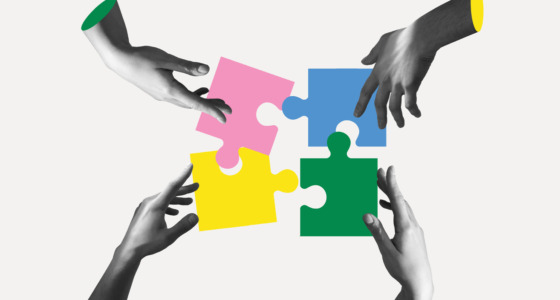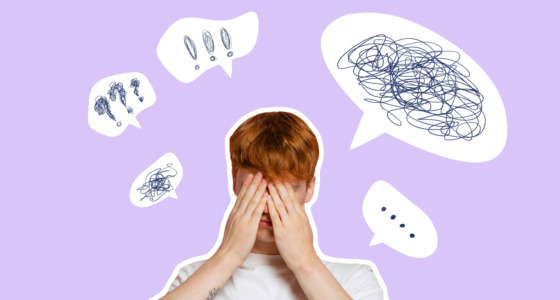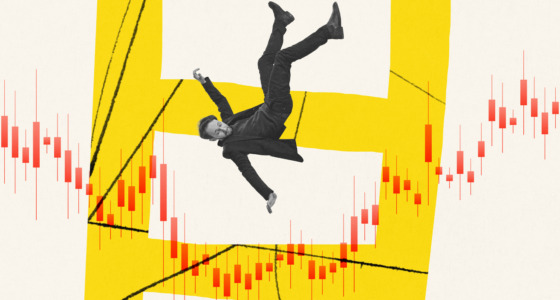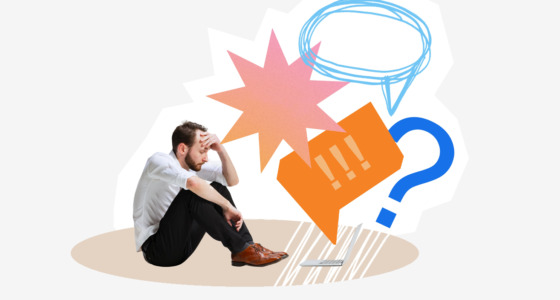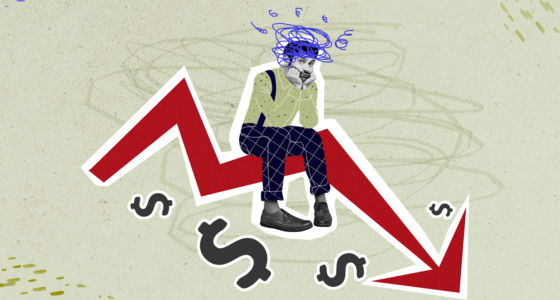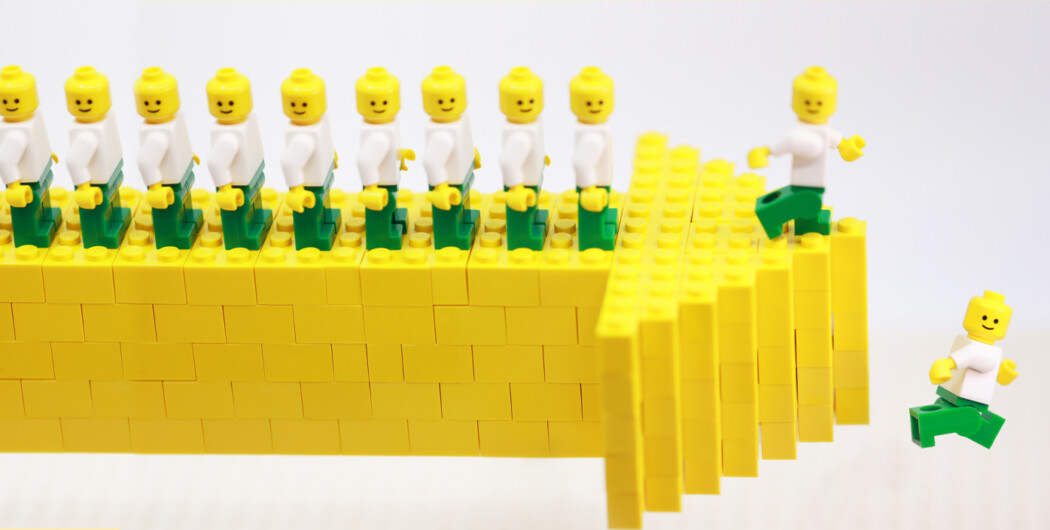

Herd mentality can drive people to do curious things. In the early 2000s, the world witnessed the phenomenon known as the “Paris Hilton Effect.” Just because people often saw carrying her pet Chihuahua, the demand for these dogs skyrocketed. Breeders took advantage of the trend and started producing more puppies.
While this example may seem lighthearted, it underscores the significance of herd mentality as a powerful psychological force. It can influence people to make decisions without critical thinking, leading to real-world consequences. And to help you avoid negative implications from herd mentality in trading, let’s talk about it in this article.
What is herd mentality?
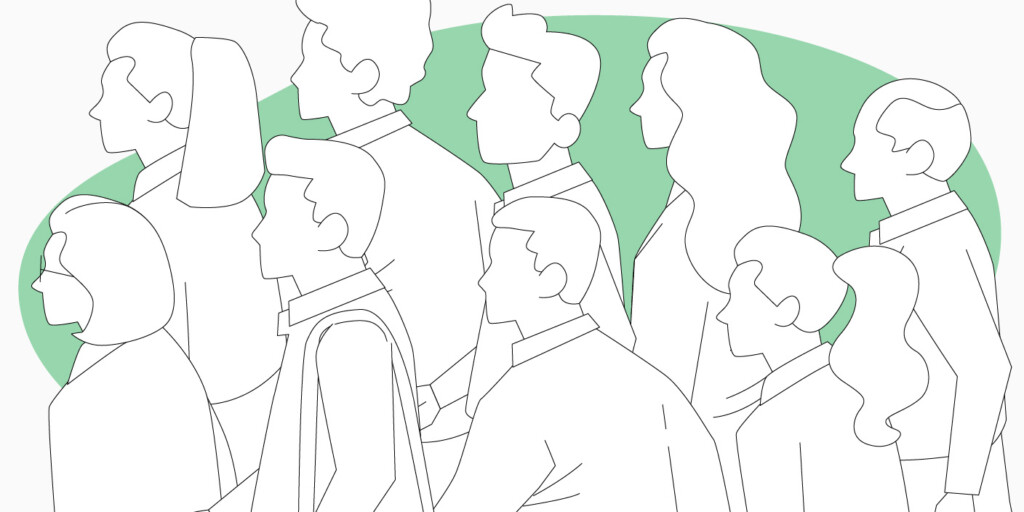
“Herd mentality is a result of human psychology and the innate desire to conform and seek validation from others. It can be particularly prevalent in trading, where fear and greed play significant roles.”
Herd mentality is the tendency to conform to the behavior, opinions, or actions of a larger group. In herd mentality, people tend to set aside their own individual thoughts. Rather than rely on critical thinking, the choices often follow the collective behavior or decisions of others.
This phenomenon has to do with the innate human desire to belong and seek validation. And it can manifest in various aspects of life, including social behavior, consumer choices, political movements, and, of course, financial markets.
How does herd mentality work?
Herd mentality operates through a combination of:
- Social influence – desire to fit in and be accepted by others drives individuals to adopt certain behaviors
- Information cascade – reliance on the actions or decisions of others as a form of social proof
- Emotional contagion – seeing strong emotions can be contagious
- Confirmation bias – susceptibility to filtering out dissenting views or contrary evidence
- Risk aversion and loss aversion – a strong desire to participate in a trend
As a result, there may be both positive and negative implications. From one perspective, it facilitates social cohesion and cooperation. But from another perspective, it leads to irrational decision-making and the even formation of speculative bubbles.
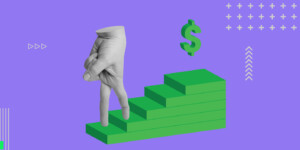
Strategies to help you navigate influences

Here are several practices that will teach you to make choices that are truly reflective of your own needs and aspirations:
Educate yourself
Education encourages you to question assumptions and challenge prevailing narratives. You start to understand how information can be skewed or distorted, which gives you the tools to guard yourself against misleading stories. Plus, the more you learn about the market, the less reliant you become on others’ opinions and predictions.
Be aware of cognitive biases
Maybe you rely on readily available information and examples when making judgments or decisions. Perhaps there is a tendency to focus too much on the first piece of information we receive. Before you can mitigate these or biases that make you follow the crowd, you need to recognize them first.
Be selective
“The ability to filter out noise and concentrate on the most promising setups is what sets successful traders apart.”
When engaging with other traders or market participants, be selective in what information you choose to listen to. Not all opinions or tips hold equal weight. Focus on individuals or sources with a proven track record, deep knowledge, and expertise in the relevant area. Tha also goes to being selective in the information you incorporate into your decision-making process.
Trust your own analysis
The more confident you become in your abilities, the less likely you’ll be swayed by the opinions and actions of others. If that doesn’t come naturally to you, invest time and effort in expanding your knowledge and honing your trading skills. It would be wise to trust your analysis unless you know what you’re talking about.
Take breaks and seek perspective
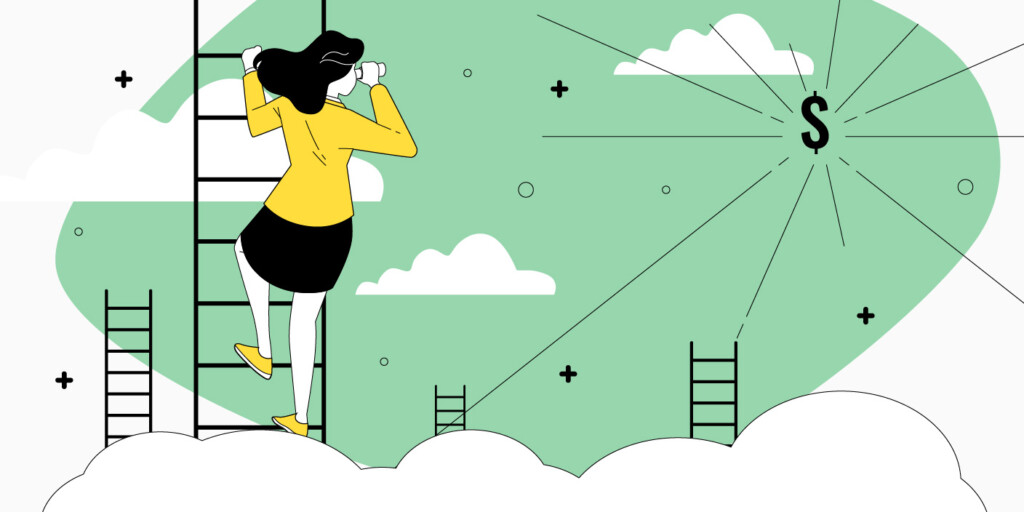
Continuous trading without breaks is the undeniable lead-up to emotional exhaustion and clouded judgment. Emotions like fear and greed start to kick in, making you susceptible to following the crowd or succumbing to peer pressure. So step back, recharge, and regain objectivity.
During your breaks, take the opportunity to reflect on your trading performance and see if there are any patterns or biases you can spot.
Closing thoughts
Herd mentality in investing and trading can be both enticing and dangerous. While it may feel comforting to follow the crowd and align with popular trends, it’s crucial to recognize the pitfalls. It can lead to irrational decision-making, so you want to counteract it with proper education, awareness of your biases, selectivity, trust in yourself, and reflection.
Sources:
How Herd Mentality Explains Our Behavior, Verywell Mind
How to Identify Herd Mentality Bias | A Comprehensive Guide, Capital.com


